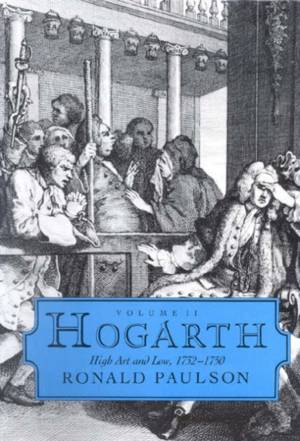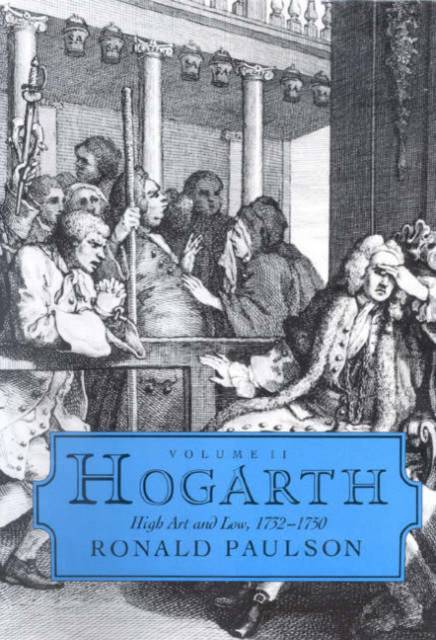
Bedankt voor het vertrouwen het afgelopen jaar! Om jou te bedanken bieden we GRATIS verzending (in België) aan op alles gedurende de hele maand januari.
- Afhalen na 1 uur in een winkel met voorraad
- In januari gratis thuislevering in België
- Ruim aanbod met 7 miljoen producten
Bedankt voor het vertrouwen het afgelopen jaar! Om jou te bedanken bieden we GRATIS verzending (in België) aan op alles gedurende de hele maand januari.
- Afhalen na 1 uur in een winkel met voorraad
- In januari gratis thuislevering in België
- Ruim aanbod met 7 miljoen producten
Zoeken
€ 77,45
+ 154 punten
Uitvoering
Omschrijving
The authoritative treatment in three volumes of the life, work and times of England's greatest 18th century artist. This second volume follows Hogarth at the height of his fame, up to the painting of 'The March to Finchley'.
Specificaties
Betrokkenen
- Auteur(s):
- Uitgeverij:
Inhoud
- Aantal bladzijden:
- 508
Eigenschappen
- Productcode (EAN):
- 9780718828554
- Verschijningsdatum:
- 6/01/1992
- Uitvoering:
- Hardcover
- Afmetingen:
- 152 mm x 228 mm
- Gewicht:
- 1150 g

Alleen bij Standaard Boekhandel
+ 154 punten op je klantenkaart van Standaard Boekhandel
Beoordelingen
We publiceren alleen reviews die voldoen aan de voorwaarden voor reviews. Bekijk onze voorwaarden voor reviews.









